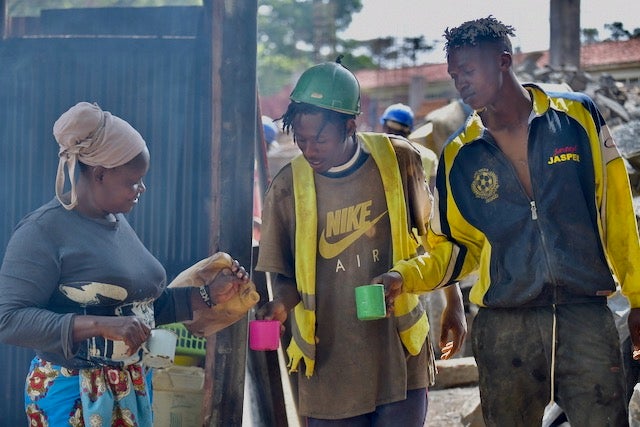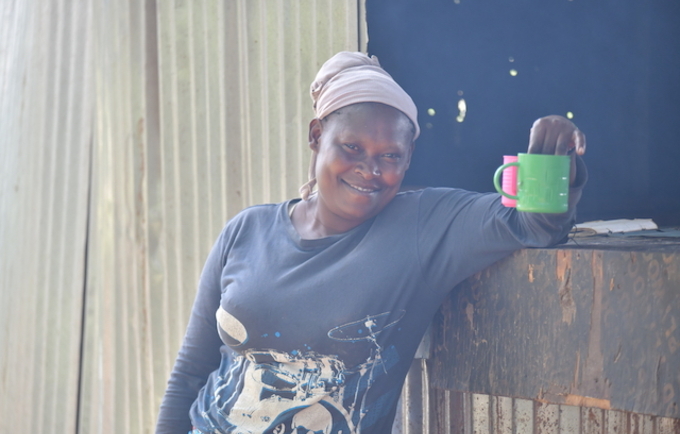In 2003, a then 24 year old Lilian Kegode was excited to be expecting her first child. She only had one worry on her mind, she could not afford the Kshs 3,000 ($30) needed to give birth at the local health facility. But then someone told her about a woman in the village who delivers babies at her house for 1,500 ($15) shillings, half the cost of a hospital delivery. When her labour pains started at night, she made her way to the woman’s house for help. “When I got there, she told me to squat and push, but the baby did not come out. I was in labour from 9 a.m, and finally gave birth at 8pm after she cut me,” says Kegode.
Kegode endured prolonged, painful and obstructed labor that led her to develop the childbirth injury of obstetric fistula. She suffered incontinence which caused her to leak urine for nearly 15 years, a condition that left her unable to socialize with others due to stigma and shame. " I also had chronic pain that made walking and strenuous household chores difficult," she says.
Approximately 1,000 women in Kenya develop fistula every year, and only 60% are able to receive care. Fistula occurs predominantly among impoverished and marginalized women and girls who often due to socioeconomic inequities are unable to access quality health services, including maternity care. The condition has devastating social, economic and psychological effects on the health and well-being of the affected women who are often isolated and shunned.
In January 2020, Kegode received a text on her phone informing her about a free fistula repair camp to be conducted by the Beyond Zero Medical Safari and AMREF Health Africa, with support from UNFPA. “I was screened and underwent repair surgery, and I can now say that I am proud of my womanhood after many years of shame,” she says.

confidently interact with her customers after recovering from obstetric fistula.
When UNFPA visited Kegode at her food stall in Nairobi, her confidence was in full display as she served tea to workers from a nearby construction site. One year after her surgery, Kegode reports that she is able to walk fast and lift heavy objects with ease, thanks to the treatment. She has now become an advocate of safe childbirth, encouraging women in her community to deliver at health facilities, and counselling those living with fistula on how to seek help.
During the 2020 fistula camp, UNFPA supported the training of healthcare workers from 13 health facilities in Nairobi county on fistula treatment and care. At least 14 screening centers were set up in different parts of the city, where more than 350 women and girls were screened for suspected cases of fistula. Forty six patients received fistula repair surgery while a further 207 were treated without requiring surgery and those with other conditions were referred for the requisite care.
Fistula can be prevented by ensuring safe pregnancies and childbirth through functioning health systems and provision of quality care. Prioritizing sexual and reproductive health and rights, particularly during times of crisis such as the ongoing Covid-19 pandemic is key to reducing maternal & new-born mortality and to eradicating obstetric fistula.
UNFPA works with the government of Kenya and development partners in strengthening national efforts to end preventable maternal deaths and childbearing injuries such as obstetric fistula by building capacities around reproductive health care, family planning, skilled birth attendance and emergency obstetric care.
“Recovering from fistula changed my life for the better, and I wish for other women living with the condition to have the same opportunity for repair that I did,” says Kerubo.

